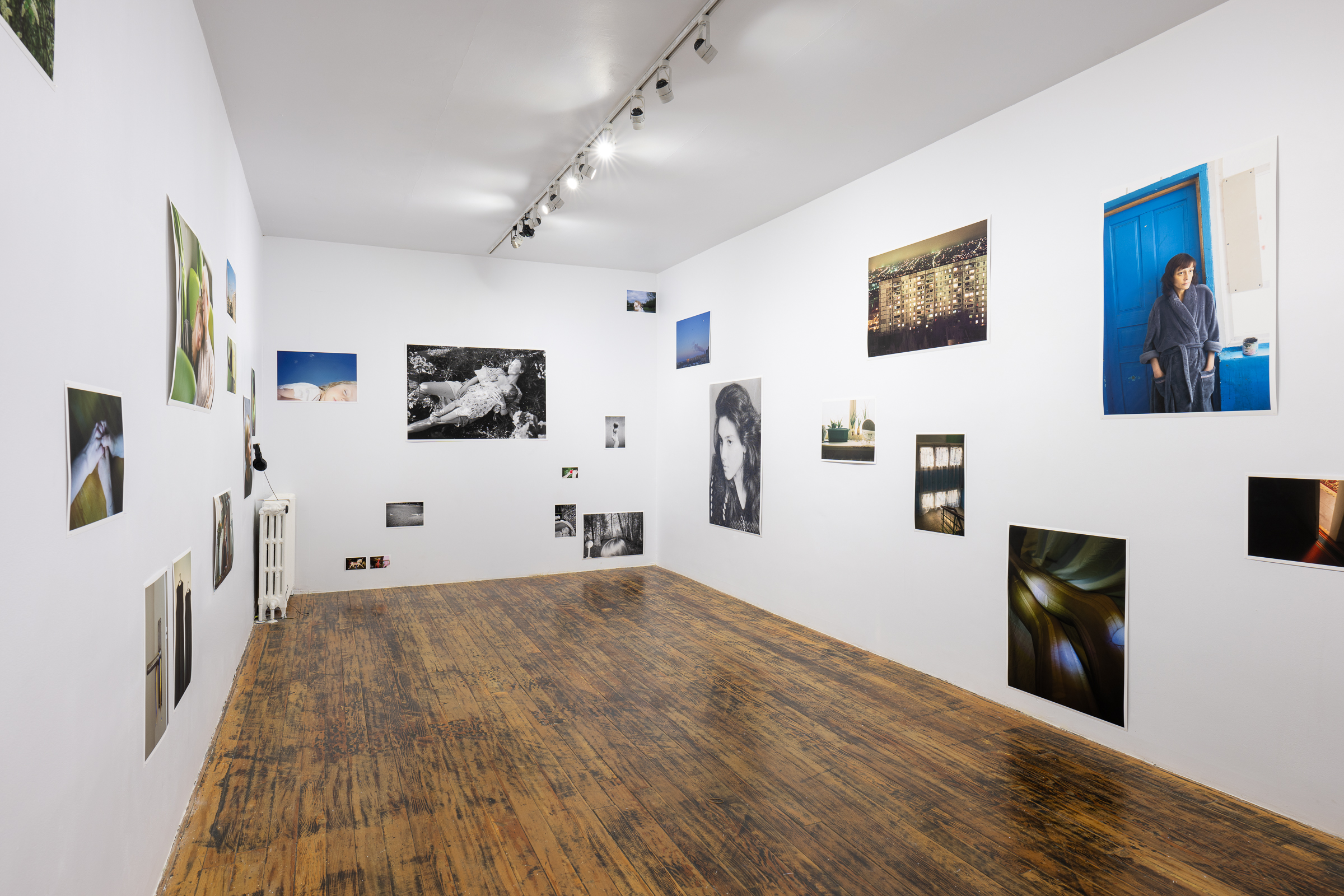

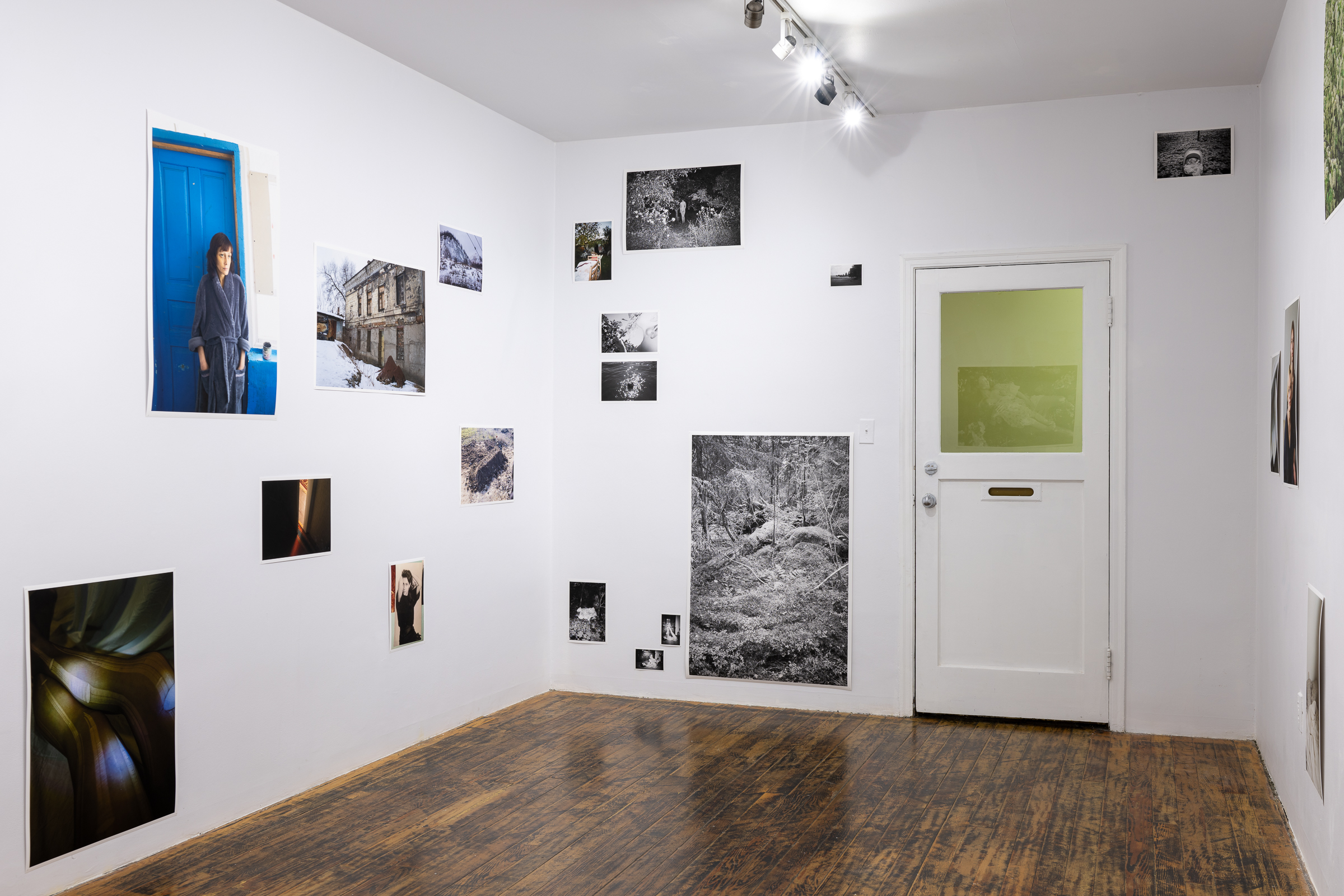
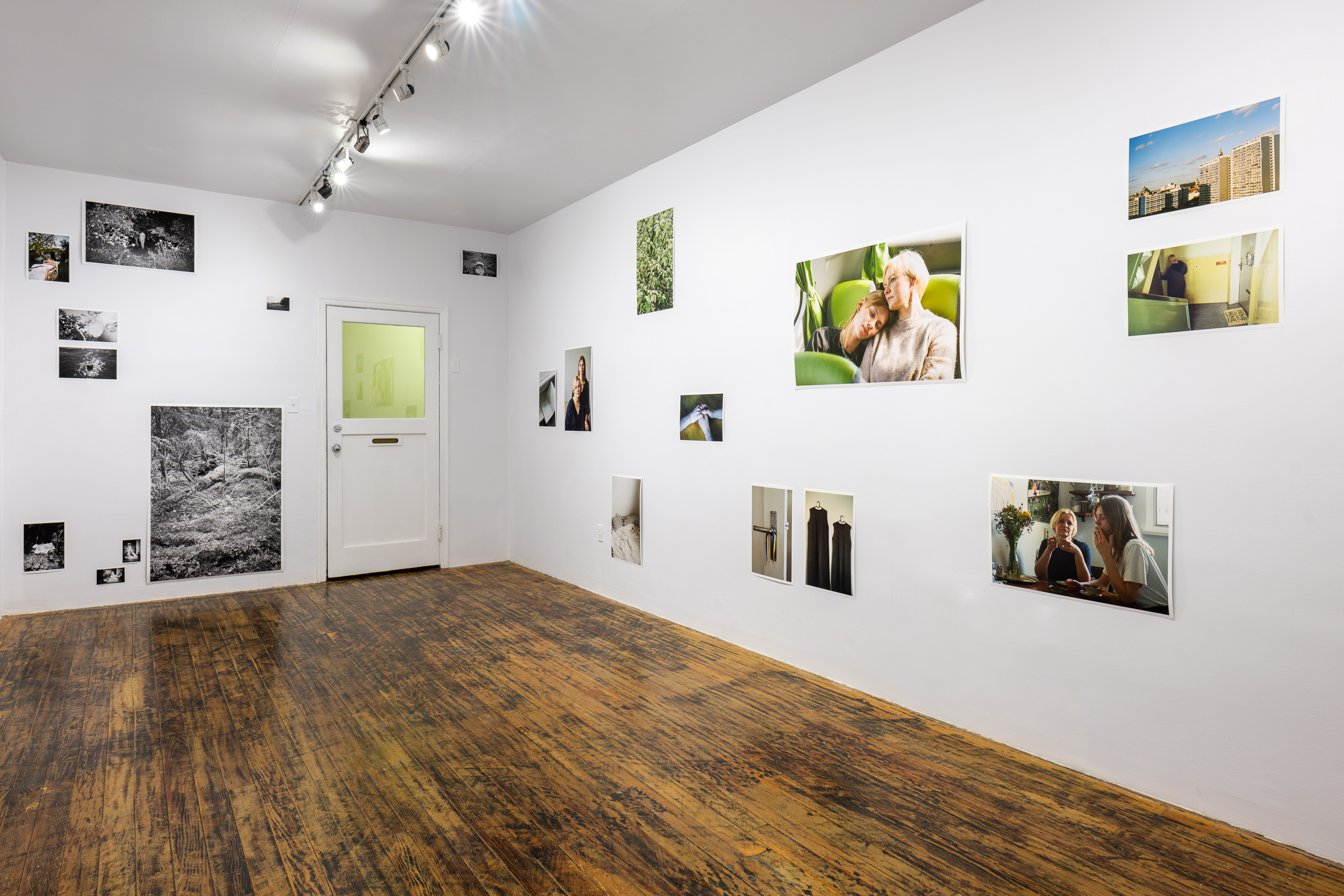

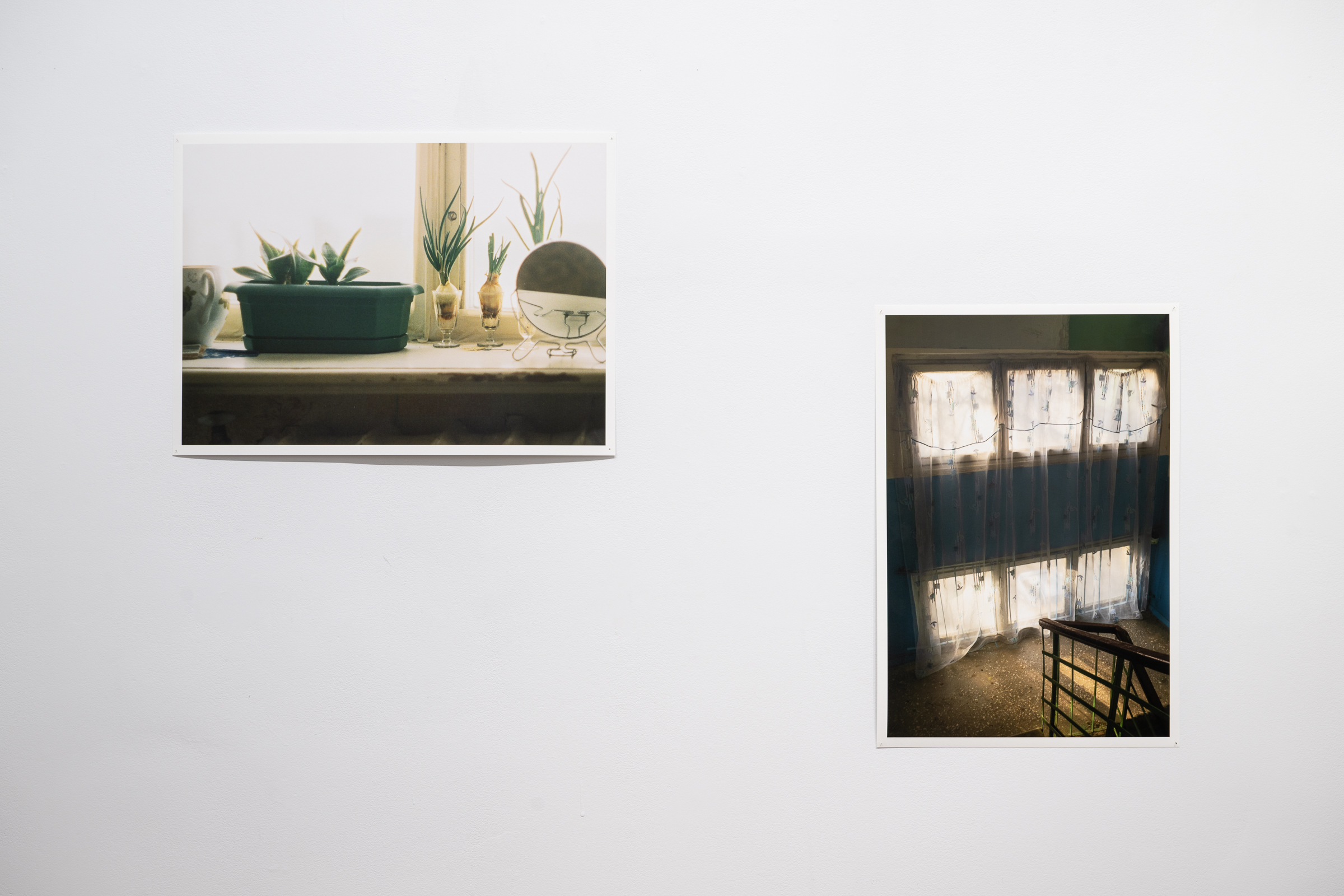
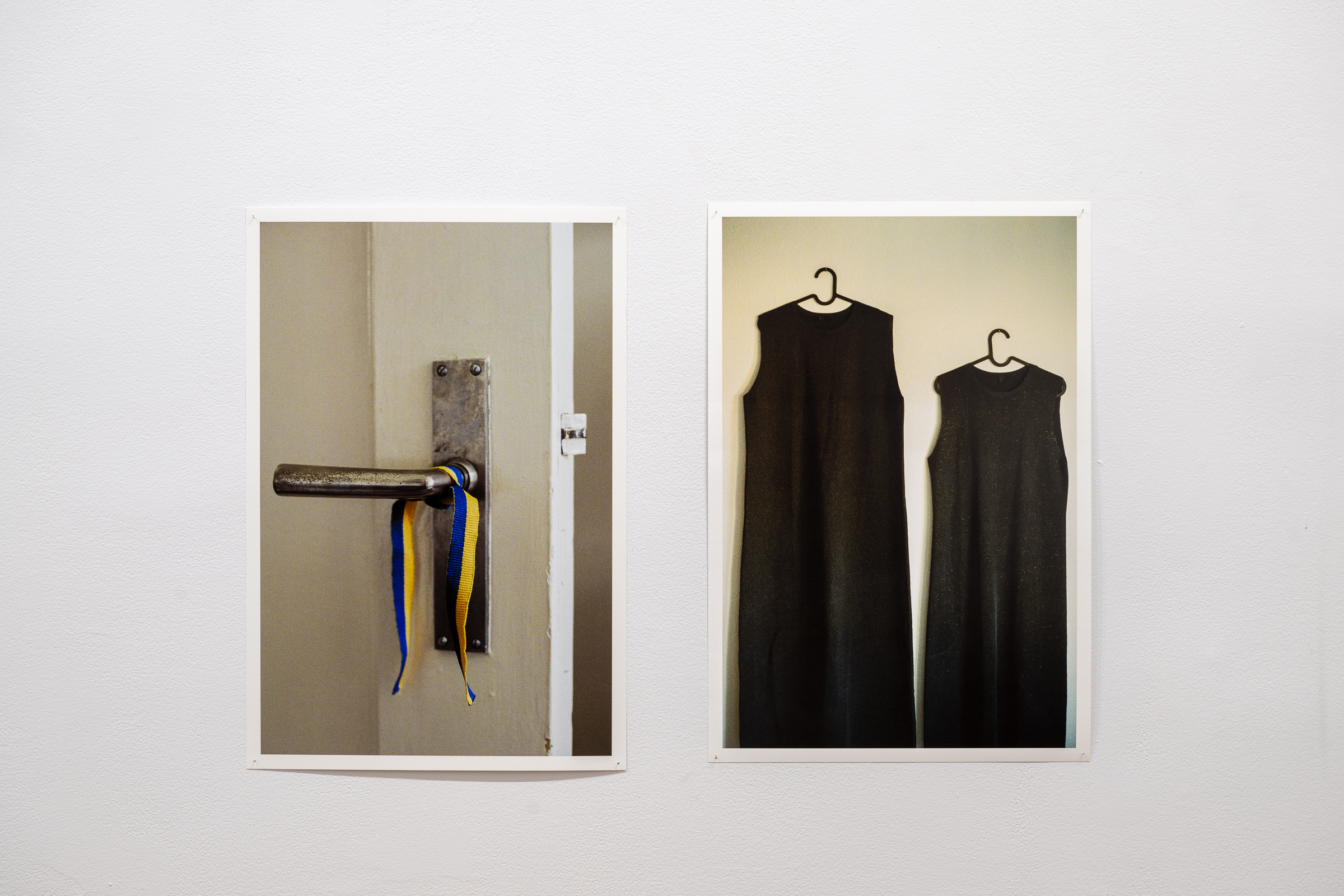
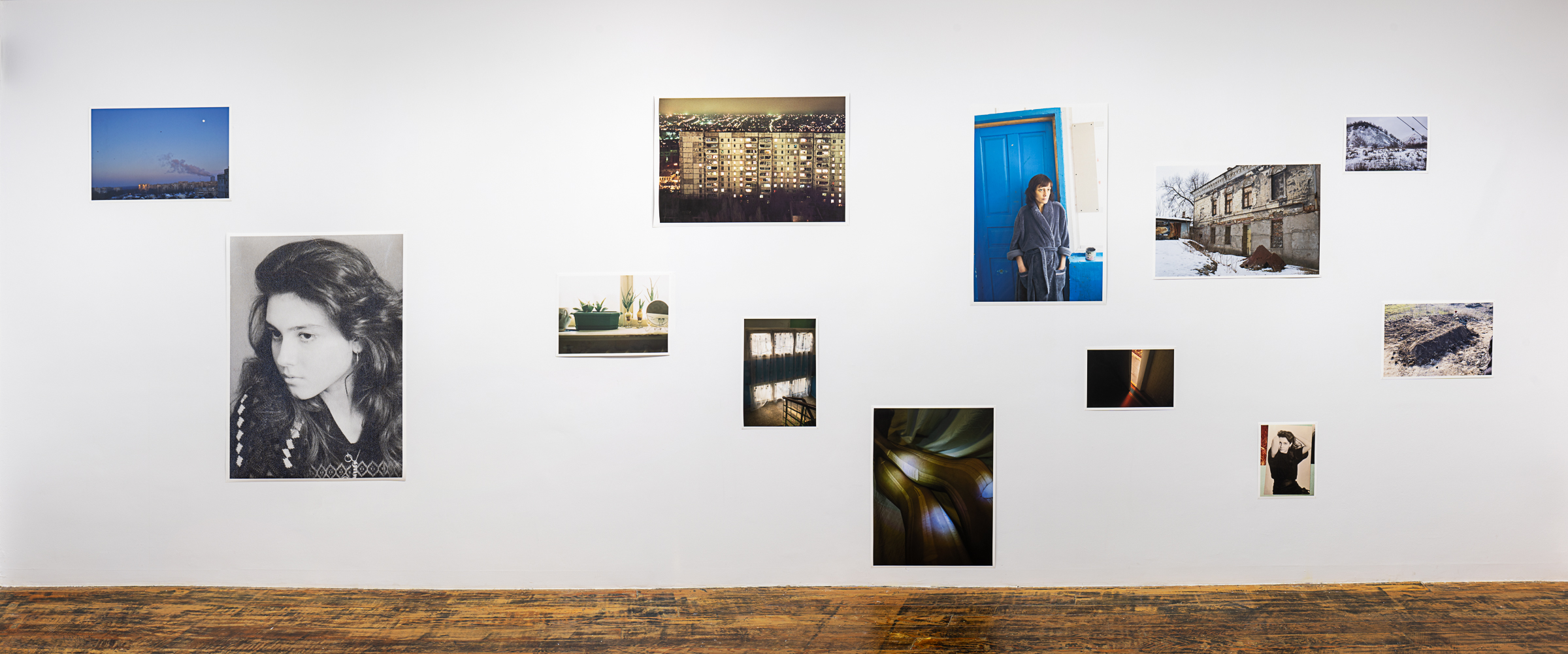

CURATOR
Alina Senchenko
ARTISTS
Katya Lesiv, Katia Motyleva, Anya Tsaruk
EXHIBITION DATES
Apr 3, 2024 – May 1, 2024
CSA Space GALLERY HOURS
M–Sa: 10 am–7 pm; Su: 11 am–7 pm
Opening Reception:
Wednesday, April 3, 6 – 9 pm
This group exhibition offers a nuanced and critical exploration of the experience of Ukrainian women. Specifically, it focuses on the relationships between mothers, daughters, and sisters and the significant ways in which these have been affected during the invasion of Ukraine. The exhibition highlights the work of female photographers from Ukraine who explore different aspects of intimate familial relationships between women. Katya Lesiv finds strength and empowerment during the initial days of the invasion in her motherhood experience and this deep sense of presence becomes her main source of support during that unprecedented time. Anya Tsaruk reflects on the changing family roles that ensued upon her mother’s arrival in Berlin from the war-torn country. Her work will be accompanied by an audio component of her mother singing traditional Ukrainian lullabies. Katerina Motylova’s work investigates grief, highlighting the pivotal role her sister played as a source of solace when she lost her home and parents to the occupation. These artists delve into different stages of womanhood, creating works that contrast and complement one another.
Her Presence (Womanhood in Ukraine) emphasizes the transformative journey these women have undergone and how they have been empowered as a result.
This exhibition was part of Ukrainian Days programming and was selected exhibition for Capture Photography Festival supported by Maple Hope Foundation
Documentation by Michael Love
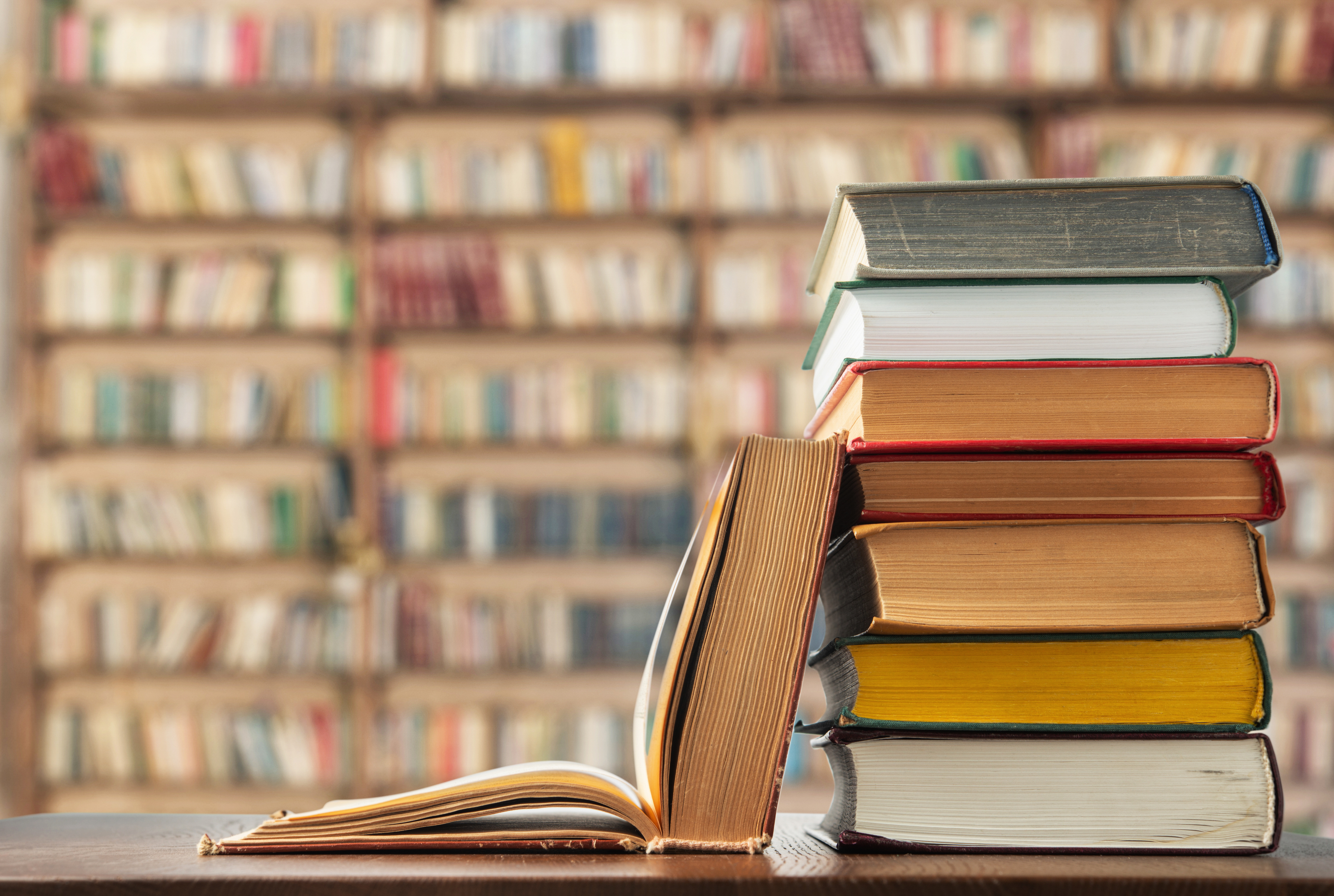
The Ukrainian Voices Series features presentations and discussions of the works of modern Ukrainian writers, designed to champion Ukrainian ideas and culture at a time that both are under significant threat. The series is programmed in partnership with Senchenko’s Ukrainian Days, and in collaboration with Upstart and Crow a not-for-profit creative studio and literary incubator and Maple Hope Foundation, a Canadian not-for-profit organization committed to helping people suffering from the war in Ukraine.
The programme partners and supporters:

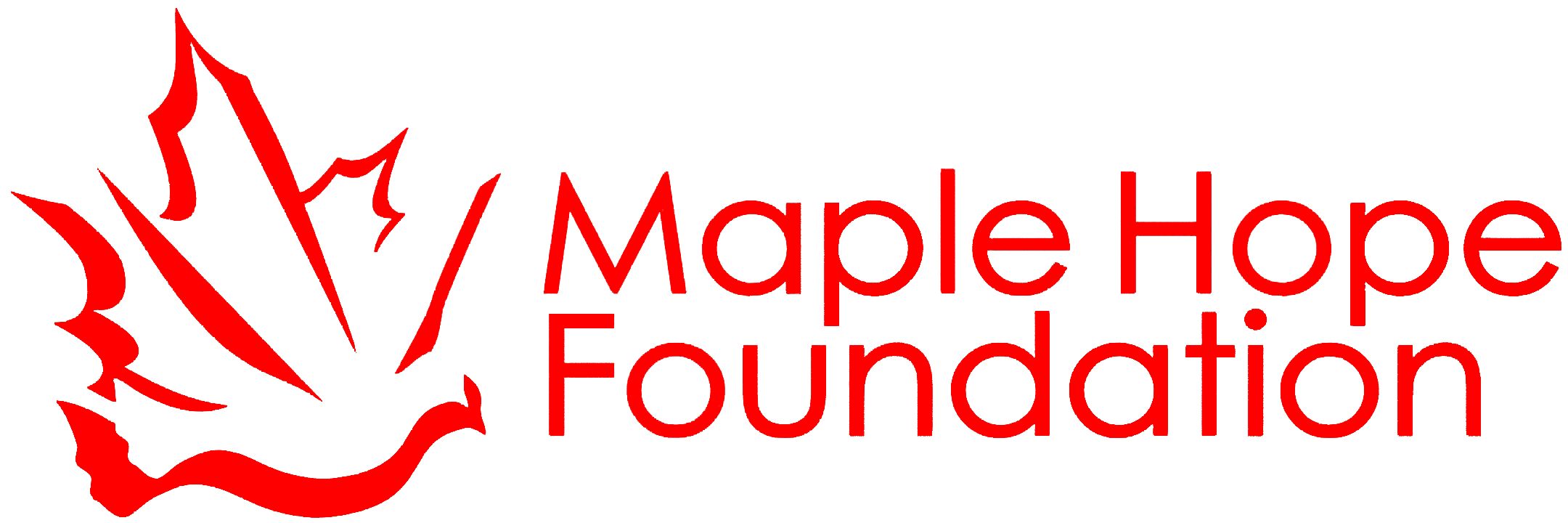


First Event:
Thursday, May 23, 2024 at 6 p.m
at Upstart & Crow
387 Railspur Alley, Granville Island • Vancouver, BC • V6H 3R7

The first event of the Ukrainian Voices Series — an evening conversation with Maria Reva, author of the novel Good Citizens Need Not Fear, nominated for the Writers’ Trust Fiction Prize in 2020. Reva will be in conversation with Alina Senchenko, an artist and curator.
Clever and perfectly biting, Good Citizens depicts the absurdity of life in Ukraine under the Soviet regime as well as the time following its collapse. It chronicles the lives of several unforgettable characters, all residents of the same apartment building who face different challenging circumstances.
This conversation delved into Reva’s inspirations for the book, the wider context of Ukrainian and Canadian literature, how Ukraine has been affected by Russia’s full-scale invasion, and the future of Ukrainian literature in Ukraine and the diaspora.
Second Event:

Online Conversation
Saturday, October 5, 2024 at 10 AM (PDT)
Online conversation with Eugenia Kuznetsova, Ukrainian author of the novel The Ladder and Ask Miechka which was shortlisted for BBC News Ukraine Book of The Year in 2021 and Jessica M. Zychowicz a scholar, editor, curator and author.
In her novel Ask Miechka, Kuznetsova tenderly explores the lives of four generations of women from a single family as they gather in their childhood home. Together, they seek to pause time and navigate the life-changing decisions that each of them faces. In her latest work, The Ladder, she tells the story of a character living outside of Ukraine who aspires to build his dream life away from his family, only to find himself hosting relatives who have been forcibly displaced by the war.
The conversation delved into the importance of depicting family relationships in Ukrainian literature, particularly in light of the ongoing conflict and its impact on these bonds. We will also explore Kuznetsova’s sources of inspiration, the settings of both novels where characters confront pivotal moments in their lives, and the art of portraying characters with empathy and depth.
Third Event:

Online Conversation
Sunday, October 27, 2024 at 10 AM PDT
Online conversation on Sunday morning, October 27, at 10 AM PDT. Our special guest, Lyuba Yakimchuk, is an award-winning Ukrainian poet, playwright, and screenwriter renowned for her poem collections, such as Apricots of Donbas in conversation with Amelia Glaser, a distinguished scholar, translator, and author.
The collection of poems Apricots of Donbas offers a distinctive perspective through the eyes of a woman observing her homeland being ravaged by war. Rather than portraying herself as a victim, she presents herself as a silent observer, striving to understand the chaos surrounding her. A sense of playfulness and repetition, reminiscent of a Ukrainian futuristic poetic style, characterizes Yakimchuck's poetry.
The conversation explored Yakimchuck's unique poetic style, which may be viewed as rigid yet remains deeply authentic. The discussion evolved around the transformation of language during the war and how this evolution reflected in the changing of words' meaning during the war. The conversation explored in greater depth the contrast that Yakimchuck employs in her verses between the harshness of coal and the delicate beauty of apricot blossoms, a combination unique to the Donbas region.
Witnessing Change: Ukrainian Cinema in a Time of Turmoil
February 1–22, 2024
 Image still: Oleksandr Dovzhenko “Earth” 1930
Image still: Oleksandr Dovzhenko “Earth” 1930“Boasting a formidable cinematic heritage that stretches back to the early days of film, the country has recently seen a renewed flowering of auteur cinema.”
Jonathan Romney, Sight and Sound
Ukrainian cinema had a very difficult start. For decades, it laboured under the strict guidelines of the Soviet cultural apparatus, which instrumentalized cinema as a vehicle of propaganda. During the 1960s, a period known as the Thaw (Перебудова), restrictions on artistic expression were loosened. Ukrainian filmmakers used their newfound freedom to develop a “poetic cinema” in which they explored more personal questions of Ukrainian identity. This period produced some of the nation’s most famous and, arguably, greatest films. After Ukraine regained independence in 1991, Ukrainian cinema struggled with endemic underfunding until its revival in the early 2000s when the government began allocating more money for art and culture. Today, under the duress of an uninvited war, Ukrainian cinema is again under material threat.
“Witnessing Change” provides an overview of the evolution of Ukrainian cinema from its earliest incarnations to recent works of note. The innovative techniques and perspectives found in the work of pioneering directors such as Oleksandr Dovzhenko, Dziga Vertov, Kira Muratova, Larisa Shepitko, and Sergei Loznitsa helped define Ukrainian cinema, just as they impacted cinema globally. Emerging talents, such as Antonio Lukich, Roman Blazhan, Nariman Aliev, and Roman Bondarchuk, continue these pathbreaking traditions.
Spanning nearly a century of cinema, the films in this series touch on issues that continue to shape Ukraine and the Ukrainian diaspora: technology, demographic generations, political revolution, and war. Through these works, viewers can glimpse the complex history of the Ukrainian peoples’ ongoing struggle for self-determination. “Witnessing Change” aims to shine a cinematic light on a region that continues to strive for recognition, autonomy, and the preservation of its cultural heritage.
Alina Senchenko
Series curator
Opening NightFebruary 1 (Thursday)
7:00 pm – Reception
8:00 pm – Earth with curator introduction
More Info Co-presented with The Cinematheque Vancouver a film institute and media education centre devoted to understanding the art and history of Canadian and international cinema and the impact of moving images and screen-based media in our lives and Maple Hope Foundation, a Canadian not-for-profit organization committed to helping people suffering from the war in Ukraine. 50% of ticket proceeds will benefit the Maple Hope Foundation


Supported in part by the Shevchenko Foundation


The Ascent
Larisa Shepitko
1977
Read More
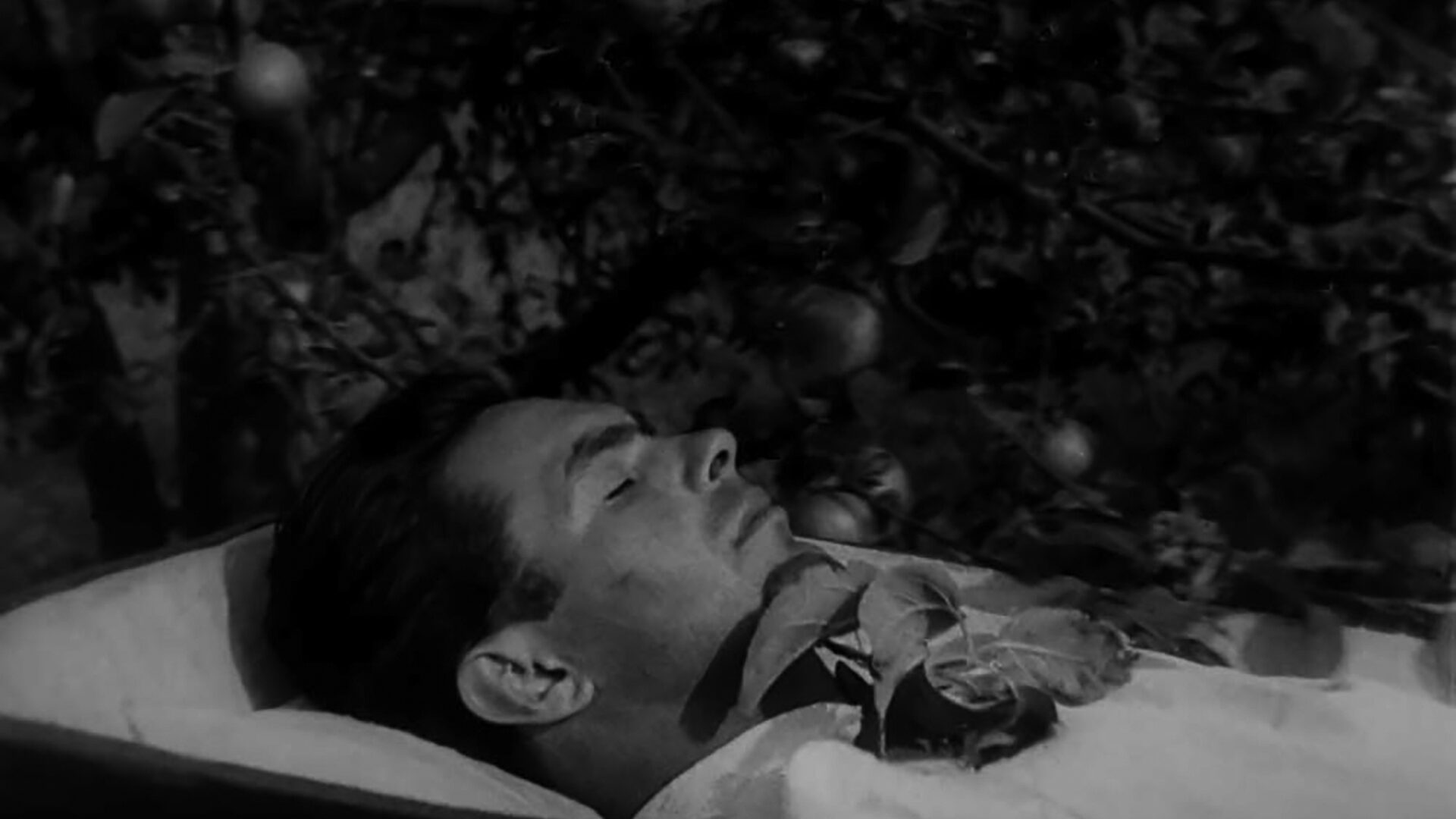
Earth
Oleksandr Dovzhenko
1930
Read More

Enthusiasm: The Symphony of Donbas
Dziga Vertov
1930
Read More

The Long Farewell
Kira Muratova
1971
Read More
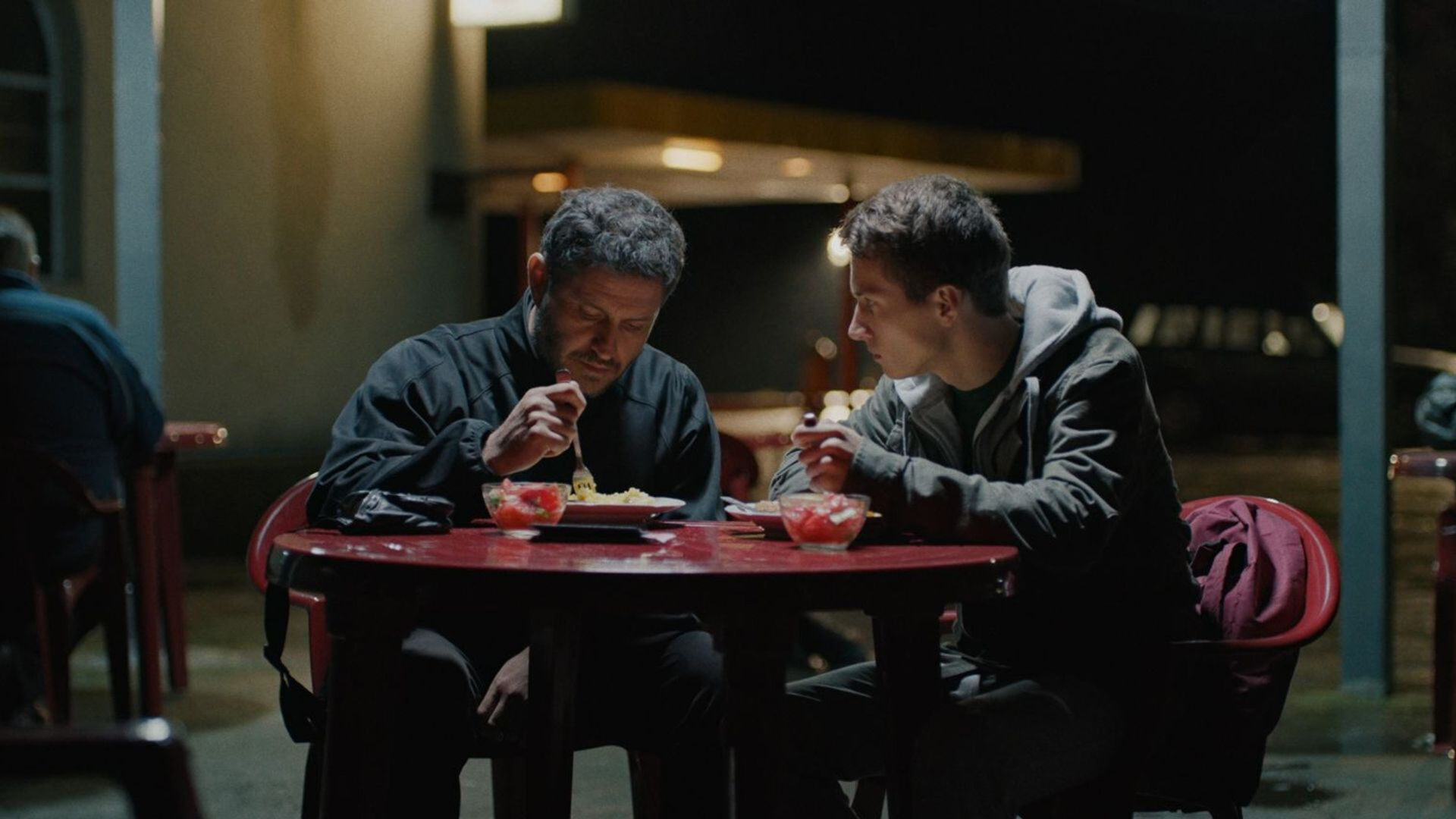
Homeward
Nariman Aliev
2019
Read More

Maidan
Sergei Loznitsa
2014
Read More
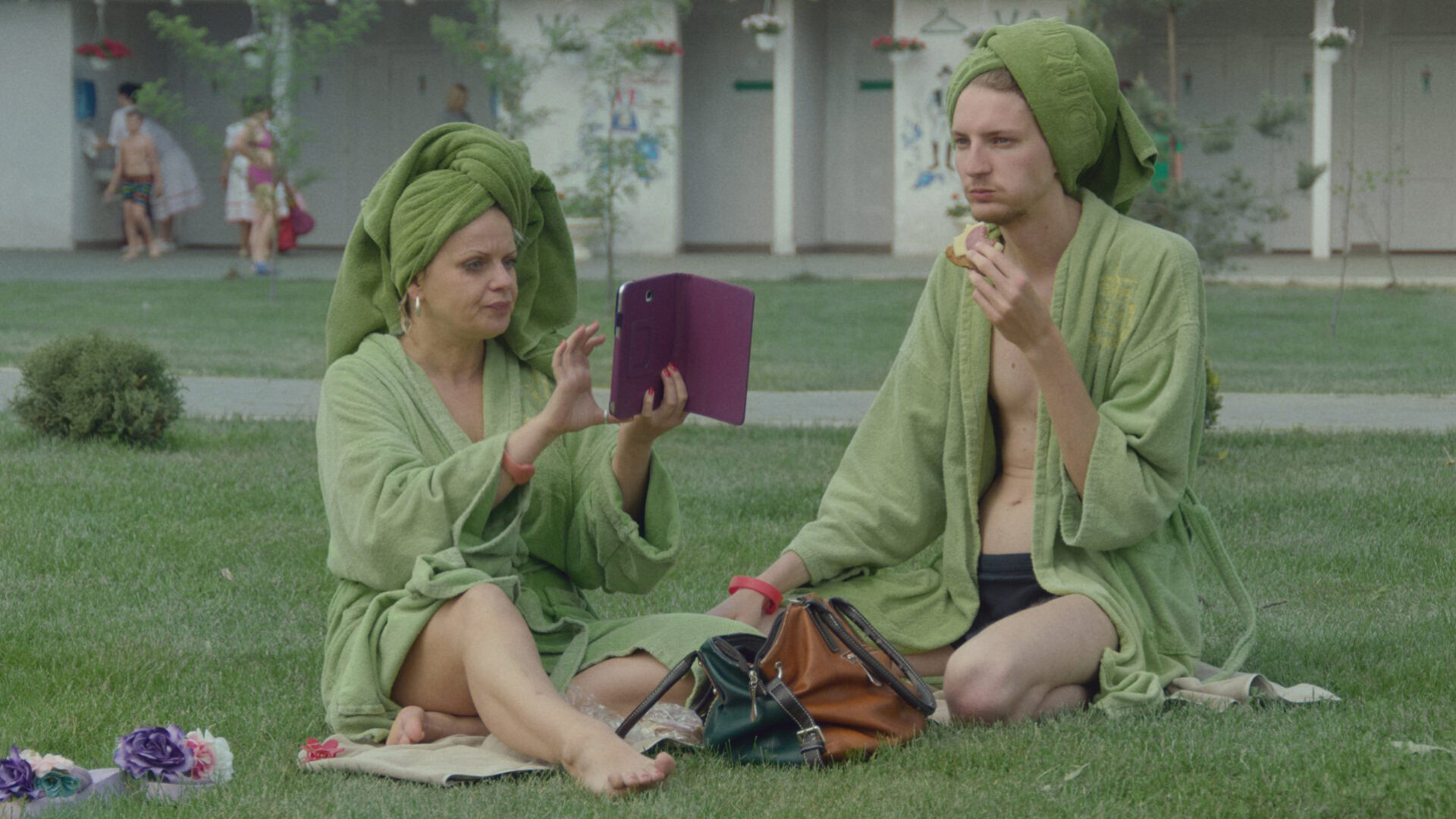
My Thoughts Are Silent
Antonio Lukich
2019
Read More

Volcano
Roman Bondarchuk
2018
Read More
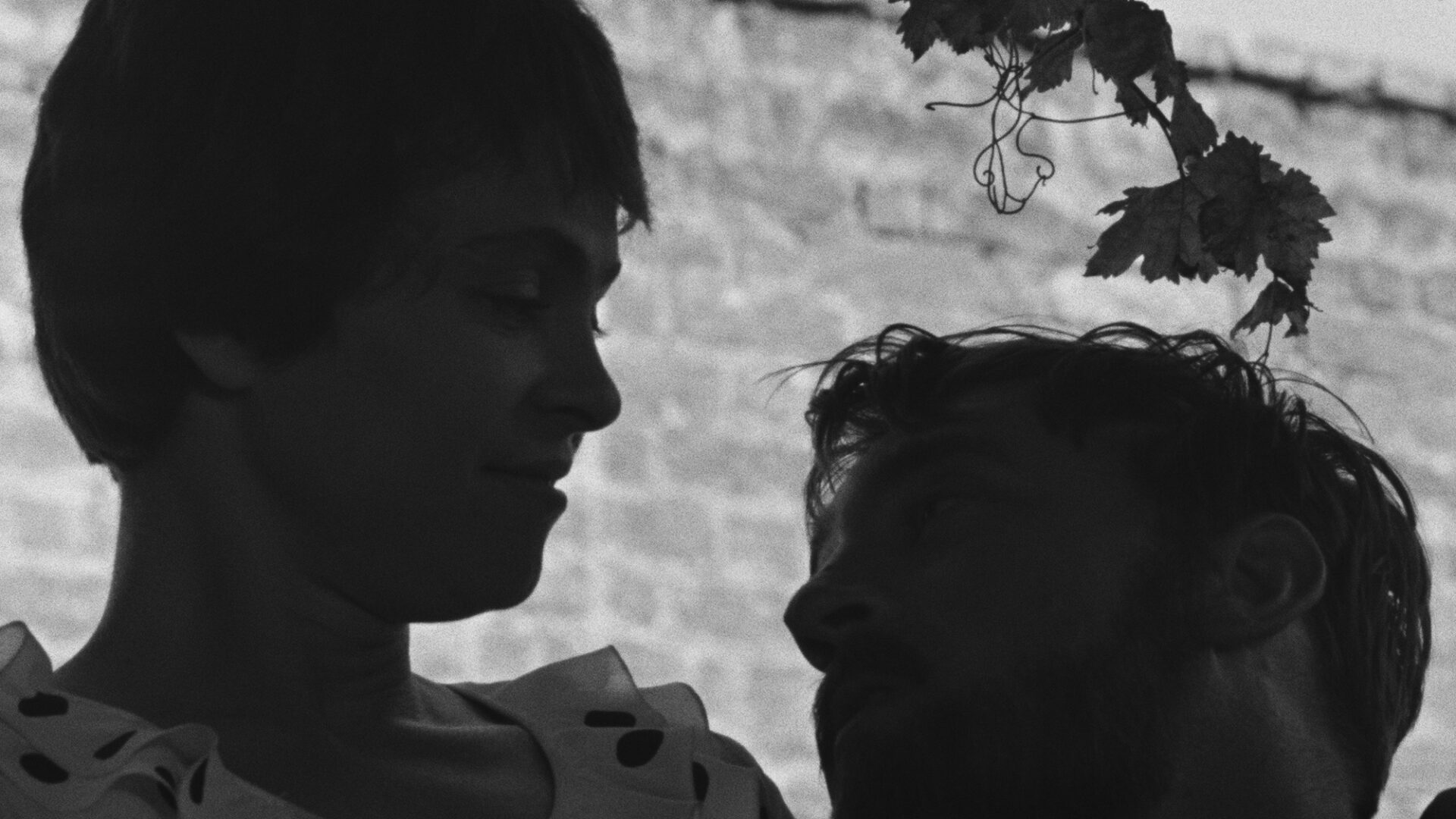
Brief Encounters
Kira Muratova
1967
Read More